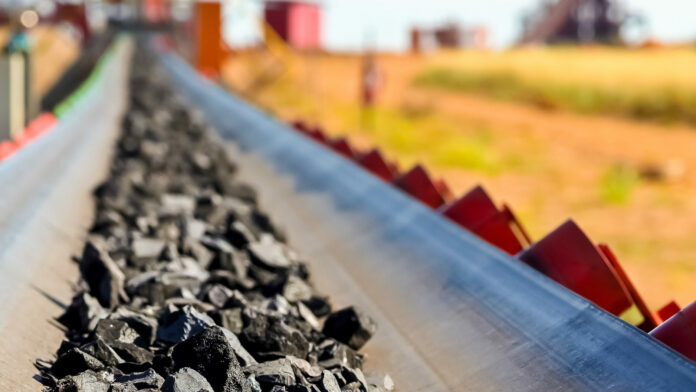
TRANSNET said a private sector partner to help it build out its proposed 16 million tons a year manganese export terminal at Ngqura port in the Eastern Cape would be appointed by the end of 2025.
In an update on its plans to participate in its reform, the state-owned rail and ports company also announced it would reissue a call for tenders regarding a proposed leasing company for capital equipment at the end of this year.
The leasing company has been on Transnet’s ‘to do’ list since April 2023, but it said on Monday that non-compliance in the tender process had led to its cancellation. The company is also hoping to finalise the roles of a planned separation in rail usage for minerals.
The idea is to create a Rail Operating Company that will compete with other private sector companies in the rail exports and an Infrastructure Manager. The Infrastructure Manager will referee the selection of companies with access to the line.
The current Infrastructure Manager is operating on an interim basis. These full time appointments will be made in the first quarter of next year, said Transnet.
A ‘Final Network Statement’ and the proposed tariff methodology for private sector operators on the rail network will be issued by September 30. Transnet, and private sector companies such as Kumba Iron Ore, are also waiting on an independent technical assessment that will capture the main deficits that need to be overcome on the rail network.
Kumba last year cut its planned iron ore production guidance for three years in recognition of Transnet Freight Rail’s shortcomings in which capacity on the iron ore line has fallen 15% since 2019.
“These initiatives are a demonstration of Transnet’s commitment to the structural reforms in response to the changes in policy and regulations,” said Michelle Phillips, the full time CEO of Transnet since February.
Said Phillips: “In some cases, these changes entail entry of third parties in the rail and port networks, which is a necessary step to stimulate competition and address long-standing challenges such as underinvestment”.










